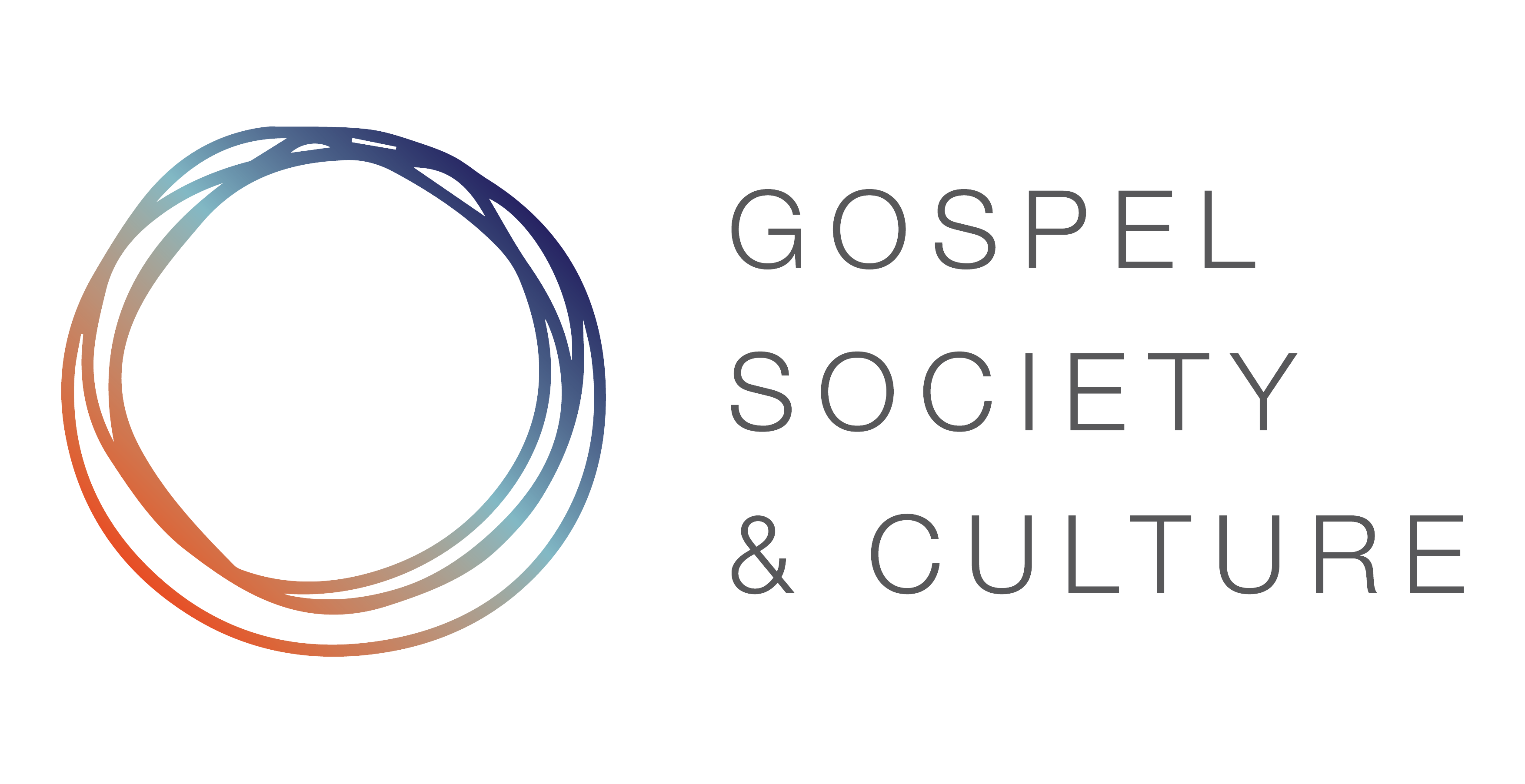
John McClean
For the last 15 years Justin Brierley has hosted conversations between Christians and unbelievers on his radio show and podcast Unbelievable? He notes a surprising change of tone in recent years, “The bombastic debates between militant atheists and Christian apologists have been far less frequent … increasing numbers of secular guests … are far more open to the cultural and social value of Christianity … many even seem to harbour a wistful desire for Christianity to be true”. His book, The Surprising Rebirth of Belief in God: Why New Atheism Grew Old and Secular Thinkers Are Considering Christianity Again (Tyndale, 2023) traces this development.
The opening pages refer to the famous poem Dover Beach by Matthew Arnold (1822 – 1883) in which he mourns the demise of faith.
The Sea of Faith
Was once, too, at the full, and round earth’s shore
Lay like the folds of a bright girdle furled.
But now I only hear
Its melancholy, long, withdrawing roar,
Retreating, to the breath
Of the night-wind, down the vast edges drear
And naked shingles of the world.
Brierley suggests that Western culture is about to undergo another great sea change as faith returns, “Matthew Arnold’s long, withdrawing Sea of Faith is beginning to reach its farthest limit … we may yet see the tide of faith rushing back in again within our lifetime”.
Brierley’s thesis received some timely support earlier this month when Ayaan Hirsi Ali published an essay “Why I am now a Christian” Ali left the extreme Islam of her youth in Kenya and became an outspoken critic of Islam and one of the ‘new atheists’. Now a Christian, she explains that her new faith is largely inspired by the cultural power of Christianity. Her essay triggered a discussion about whether she has truly come to faith in Jesus, or is primarily attracted to a worldview. Whatever we make of her conversion, it fits Brierley’s thesis neatly.
Brierley traces the rise and fall of the New Atheism movement from 2006 to its demise about a decade later. Along the way, he says “thank God for Richard Dawkins … New Atheism has revitalised the intellectual tradition of the Christian church in the West”. The challenge of New Atheism provoked Christians to clarify their reasons for belief and to present them in clearer and more compelling ways. New Atheism gave rise to a new age of apologetics. Personally, I’m not sure Dawkins and his colleagues were the main cause of an apologetic resurgence, but they were certainly part of the story.
Jordan Peterson is an important figure in Brierley’s narrative. The Canadian psychologist is deeply critical of much progressive Western culture and advocates for classic liberal politics. His writings have impacted many young people, especially men, and moved them to aspire to responsible, productive lives. Even more than Ali, it is difficult to tell what Peterson believes about Christ and whether he holds anything like an orthodox Christian faith. He is, however, publicly positive about the Bible and Christianity, and has stimulated many of his followers to reconsider faith.
Peterson’s influence, and the intersection with Christianity, were underlined by the recent ARC (Alliance for Responsible Citizenship) conference in London. The conference was organised on the premise that Western culture, for all its technical achievements, has reached a point of stagnation with “growing scepticism and anxiety about the sustainability of human development”. It aimed to connect thinkers and leaders who want to see the culture revitalised. It has been characterised as politically ‘centre-right’, though I am not sure that the traditional political spectrum is the best way to analyse this phenomenon.
ARC was not a Christian convention, and many of the presenters are not believers. Peterson is a key figure in ARC. Yet, key presenters — Jonathan Pagueau, Robert Barron, John Anderson, Os Guinness — spoke openly about their own faith and role of Christianity in culture. Again, this fits Brieley’s thesis.
In The Surprising Rebirth of Belief in God, Brierley recounts the stories of many people who have moved from sceptical atheism to reconsider God, and even to come to faith. Some have been influenced by cultural issues. Others have unexpectedly discovered the impact of the Bible, reconsidered the connection between science and Christianity, or faced up to the emptiness of philosophical materialism. That final theme comes back to the question of culture.
Is Western culture emptied out by secularism? Is the apparent epidemic of anxiety and depression the glaring symptom of a deeper nihilism? Brierley believes that many people are increasingly disturbed by these questions and consider faith as the only solution, culturally and personally.
It is worth noting Brierley’s closing suggestions for the Church, as we prepare for the predicted “new great awakening”. We should embrace reason along with imagination, intuition, and experience. We should keep Christianity weird — the gospel must be supernatural and worship an ‘intense and otherworldly’ encounter with God. Also, he says that the church should be a community that “counters cancel culture”, seeking reconciliation and unity in diversity as we pursue truth.
We are yet to see whether Brierley’s predictions will prove true. Will this slow movement toward faith become a large-scale change? Is the revival too entwined with political issues and agendas or will it bring genuine cultural renewal? Will it merely propagate new nominalism? Time will tell. Meanwhile, it is fascinating to watch the developments and rejoice in the encouraging stories of those who have come to faith.
The Surprising Rebirth of Belief in God is worth reading and will probably be the kind of book you can give to people who are ready to explore faith. Brierley has also produced a podcast series to complement the book, which you can find here.
